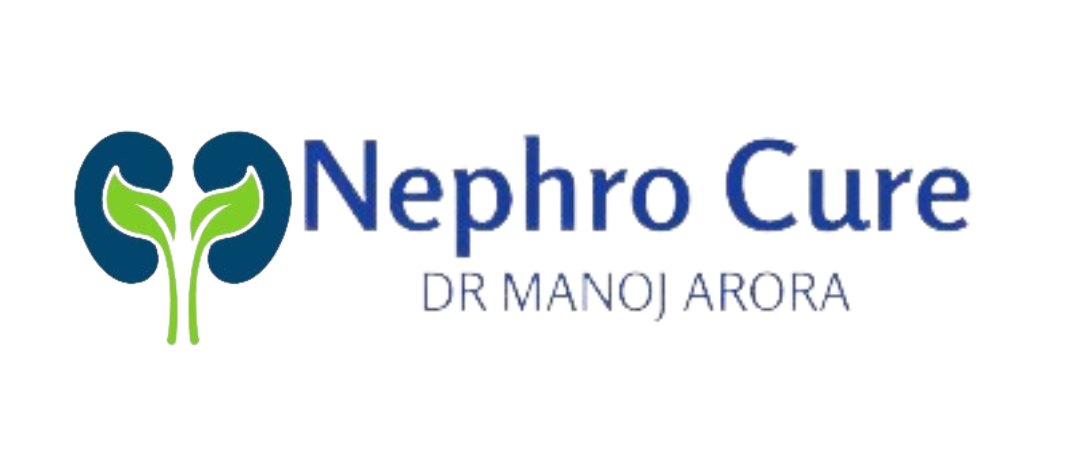Subtotal $0.00
Subscribe to out newsletter today to receive latest news administrate cost effective for tactical data.
BA - 229/1, Ground Floor, behind Mother Dairy Booth, Tagore Garden, New Delhi, Delhi 110027
Shopping cart
- Phone:70421 41464
- Email:drmanojaroranephro@gmail.com
- Tagore Garden, New Delhi, Delhi 110027






